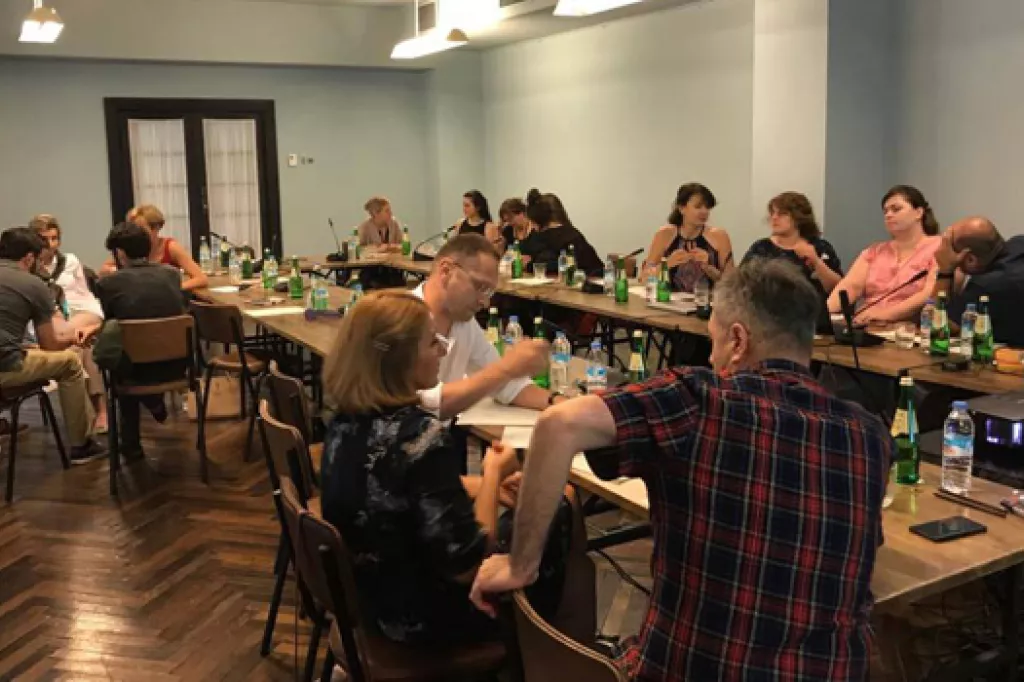#Stockholm4EaP 17-20 September

In 2009, Sweden and Poland initiated and the European Union established the Eastern Partnership (EaP) in order to strengthen the ties between the EU and the Eastern European countries of Armenia, Azerbaijan, Belarus, Georgia, Moldova and Ukraine. The Eastern Partnership has since served as a platform for cooperation around political association and economic integration. The partnership is based on a joint commitment to principles of international law and fundamental freedoms including democracy, rule of law, and human rights.
Since 2009, the relationships between the EU and Ukraine, Georgia and Moldova have progressed well, including the signing of the Association Agreement (AA) and the Deep Comprehensive Free Trade Agreement (DCFTA). However, the relations with Belarus, Armenia and Azerbaijan still lag behind. The conference, #Stockholm4EaP, is organized by Forum Syd with support from the Swedish Ministry of Foreign Affairs. The aim of this conference is to discuss needed reforms in EaP region and how to make these value-driven and sustainable. These recommendations on reforms can then be used in various outreach and advocacy efforts, ensuring the voices of civil society.
To get ready for the #Stockholm4EaP conference, Forum Syd is currently conducting preparatory meetings in all six EaP countries. These meetings will help identify needed reforms for the EaP countries from the perspective of the Sustainable Development Goals (SDGs), the Eastern Partnership Deliverables, and International Agreements such as the Paris Agreement and the Istanbul Convention. So far, meetings have been conducted in Azerbaijan, Georgia and Moldova, where discussions have been very productive and resulted in a number of policy recommendations.
For more information, please contact Project Coordinator Daniel Rosell
Other recent articles

The power of people powered Public-Private Partnerships
Public–Private Partnerships (PPPs) are often discussed in terms of roads, power plants, housing, and other large infrastructure projects. But as discussed on the People’s Partnership Podcast, PPPs are...

ForumCiv’s social media accounts labelled as “extremist materials” in Belarus
Important message to our Belarusian followers. Any interaction with our content can now lead to legal consequences in Belarus. Please read the information below and take the necessary precautions for...

ForumCiv enters new strategic partnership
ForumCiv is proud to announce a new three-year strategic partnership with Sida, totalling SEK 137 million.